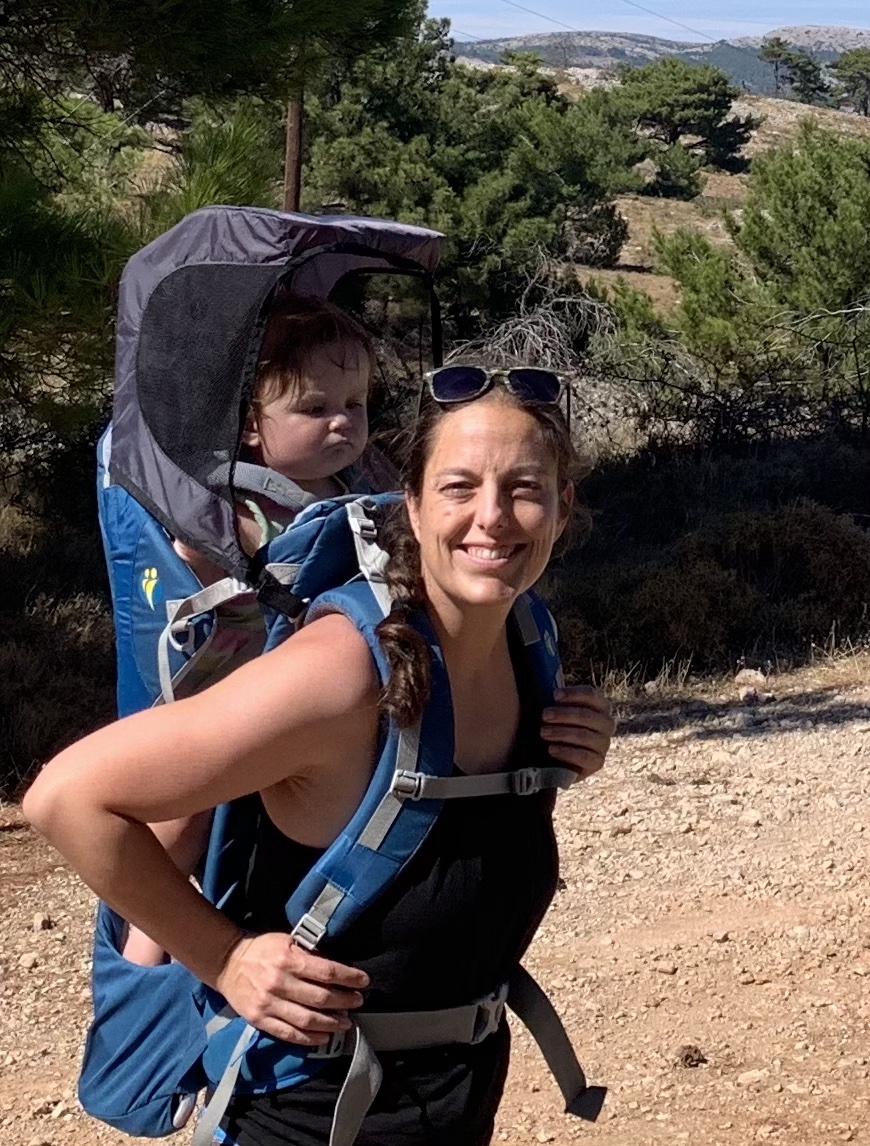

Brenna R. Hassett
Brenna R. Hassett, PhD, is a biological anthropologist and archaeologist at the University of Central Lancashire and a scientific associate at the Natural History Museum, London. In addition to researching the effects of changing human lifestyles on the human skeleton and teeth in the past, she writes for a more general audience about evolution and archaeology, including the Times (UK) top 10 science book of 2016 Built on Bones: 15,000 Years of Urban Life and Death, and her most recent book, Growing Up Human: The Evolution of Childhood. She is also a co-founder of TrowelBlazers, an activist archive celebrating the achievements of women in the “digging” sciences.
Released for Syndication:
06/19/2025
There is an incredible amount of scientific effort put toward understanding the past and bringing some of it back to life. Everyone agrees it’s nice to have some old structures around—like the pyramids at Giza and the Great Wall of China—but what about the living...
Released for Syndication:
03/28/2025
Perched on the edge of a river near the city of Siirt, Türkiye, is an archaeological site that offers a chance to completely rethink one of the most complex human stories: the development of the world’s first cities and states. Sitting up in the rugged...
Released for Syndication:
12/24/2024
A recent investigation of human remains found in the UK’s Cheddar Gorge has once again brought a particularly unsavory aspect of our human story into the light: human consumption of other humans. The surprising discovery of cannibalism in the Early Bronze Age comes from...
Released for Syndication:
11/25/2024
There is a great deal of attention in modern societies to inequality and the social problems it causes. Often inequality is considered to be the unavoidable consequence of how society operates in many cultures, with large population numbers and competition for resources requiring a...
Released for Syndication:
09/09/2024
The human capacity for invention is unparalleled. We have developed technologies that have allowed us to survive and thrive far beyond the ecological niches that constrained our ancestors. While our innovation has allowed us to break loose from the constraints of our home continent, Africa,...
Released for Syndication:
06/11/2024
We know that humans live relatively long lives, and we certainly know that we spend a larger proportion of those lives as children than other species. The question remains: how did we manage to extend this critical period of our growth? When and where did...
Released for Syndication:
04/25/2024
Our species devotes a singular amount of time to an utterly unserious aspect of life: play. This begs the question: what is the adaptive value of horsing around? What possible evolutionary benefit could an activity that sees no specific return possibly have that we devote...
Released for Syndication:
02/29/2024
Anthropological science is our species’ attempt to address our most fundamental questions about who we are and how we got here. It asks for evidence of the evolutionary path we have traveled to become the most successful primate on the planet; it seeks clues as...
Released for Syndication:
02/20/2024
Our species stands out from the animal kingdom in many ways. Some of them are obvious: we are big-brained primates who use tools and language, a social species with symbols, culture, and art. These are all artifacts of our evolution, the process by which our...
Released for Syndication:
12/07/2023
Of the innumerable species on the planet, just a bare handful have evolved to have one of the most counterintuitive adaptations possible. In a small number of animals, all big-brained mammals, we see something that should not, at first glance, be of adaptive value: